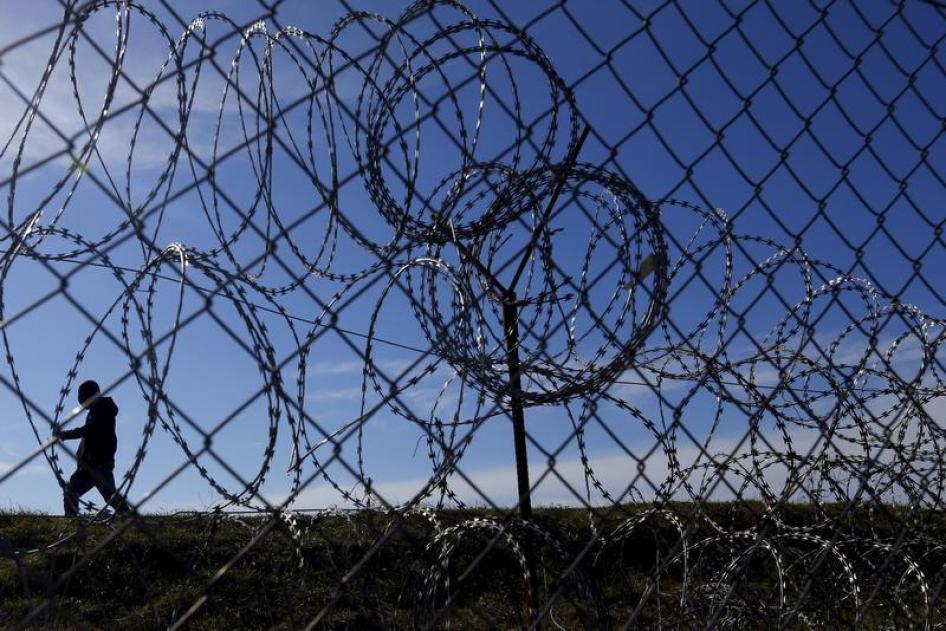The Hungarian government today dealt yet another blow to asylum seekers and migrants by declaring a state of emergency throughout the entire country due to “mass migration.” The decision follows a similar declaration on September 16, 2015, imposing a state of emergency in four counties bordering Serbia, and extends it to the entire country. It allows the government to, among other things, deploy the army to all border regions – 1,500 army personnel were dispatched today – and increase infrastructure, including roads and fences, along borders, purportedly to “guarantee the security of Hungary’s citizens.”
The move comes on the heels of today’s decisions by Croatia, Serbia, and Slovenia to prevent entry to their territories to those without valid passports and visas. Cascading border closures have left thousands of asylum seekers stranded in the Western Balkans. As a result, the number of people crossing the Serbia-Hungary border has significantly increased in the past two months. There have been up to 248 arrivals a day, compared with a handful a day between October and January.
Militarizing its borders and denying access to protection is sadly consistent with Hungary’s repressive approach to asylum seekers and migrants. In 2015, the government sponsored an anti-migrant campaign, followed by a national consultation that equated migrants and asylum seekers with terrorists. It adopted laws to detain and prosecute asylum seekers for irregular entry. And Hungary opposes any and all plans to distribute responsibility for asylum seekers more fairly among EU countries and to resettle refugees from other regions.
Instead of peddling fear, Hungarian authorities should take the lead from the hundreds, if not thousands, of Hungarian citizens who provided food and water to Syrian refugees and others stranded in the Budapest central train station in August and September, and along the road as they walked to the Austrian border. Hungary’s government should honor its legal obligations to provide a meaningful opportunity to apply for asylum, and should face the country’s moral compass in the right direction.










